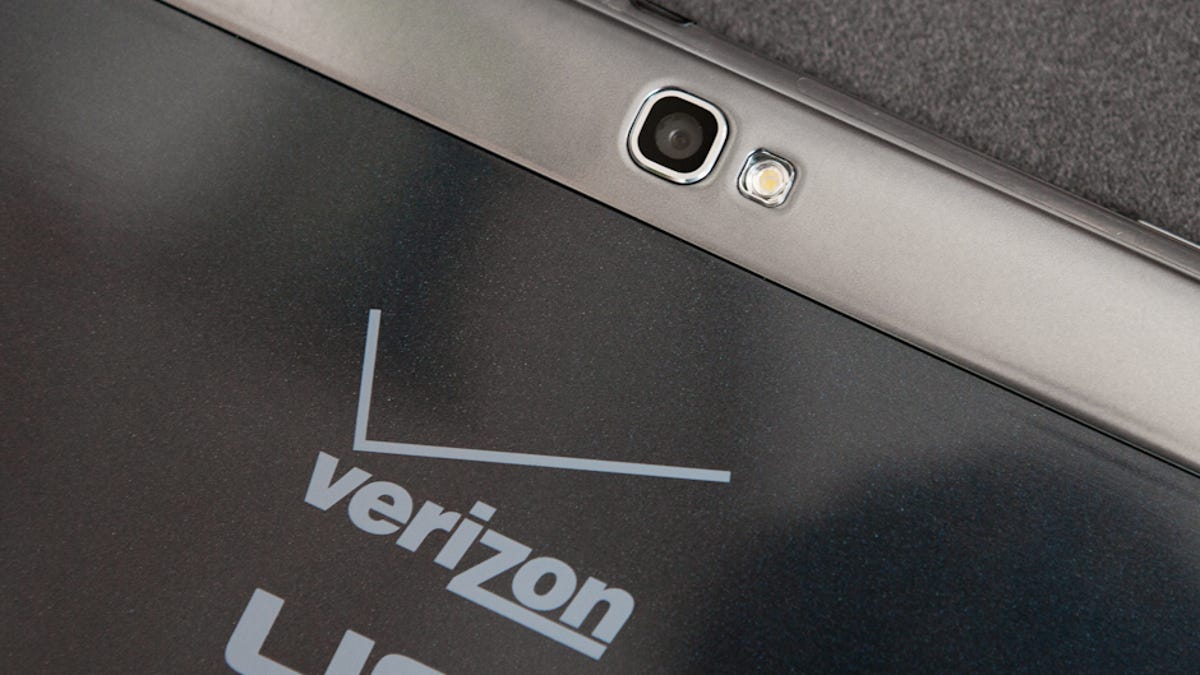Verizon profit up 16 percent as wireless growth chugs along
Who says the contract is dead? In the first quarter, Verizon added 677,000 net new customers willing to sign a two-year commitment.

Verizon bounced back from a tough fourth quarter and started the year off strongly.
The telecommunications provider today posted a first-quarter profit of $1.95 billion, or 68 cents a share, compared with a year-earlier profit of $1.67 billion, or 59 cents a share. Revenue rose 4.2 percent to $29.42 billion from a year ago.
Analysts, on average, projected per-share earnings of 66 cents and revenue of $29.55 billion, according to Thomson Reuters.
Growth, as usual, was driven by the Verizon Wireless unit, which generated $19.5 billion in revenue, up 6.8 percent from a year ago.
While the industry as a whole has faced slowing growth in terms of adding customers, Verizon has maintained healthy growth, adding 720,000 net new subscribers in the first quarter. The figure includes 677,000 customers who signed two-year contracts.
There has been a renewed focus on the long-term prospects for two-year commitments after T-Mobile said last month that it is moving away from contracts and subsidies, kicking off a campaign to educate consumers on the savings they can see when moving away from the traditional subsidies model.
Still, at a time when network speeds matter to consumers, Verizon has had a significant advantage with its quick deployment of 4G LTE. The company offers 4G speeds in more markets than the other three national carriers combined with 491 markets covered.
In total, Verizon had 98.9 million million retail connections, which includes prepaid and wholesale customers, as well as non-smartphone devices such as Wi-Fi hotspots, tablets, and other connected devices.
Customers continued to gravitate toward smartphones, with 61 percent of contract subscribers snapping one up in the period. Its industry-low turnover rate ticked up to 1.01 percent from 0.96 percent a year ago.
Verizon's wireline consumer business saw its revenue increase 4.3 percent to $3.6 billion. Its FiOS TV business added 169,000 net new customers to bring its total to 4.9 million. It added a net 99,000 broadband customers, with FiOS Internet offsetting the continued declined in its older -- and slower -- DSL business. It had 8.9 million total broadband customers by the end of the period.
Verizon typically provides information on iPhone and Android sales during its investor conference call. Check back with CNET for additional details later this morning.

